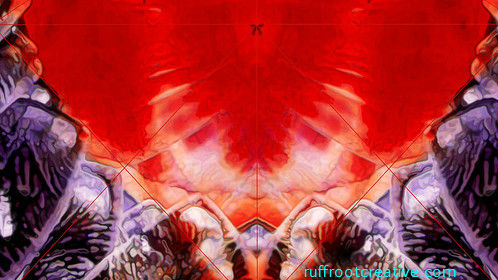Space-Time Crystal-Powered Clock Will Tick Past the Universe’s Death

What’s the Latest Development?
Scientists at the Lawrence Berkeley National Laboratory believe they have turned theory into practice, devising a way to construct a clock that would keep time after the universe’s end. Originally proposed by MIT physicistFrank Wilczek, the design requires a four-dimensional space-time crystal resembling the structure of three-dimensional crystals found in snowflakes and diamonds. “[But] whereas a diamond has a periodic structure in three dimensions, the space-time crystal would be periodic in time as well as space.” The Berkeley team would use a natural phenomena known as the Coulomb repulsion to create the special crystal.
What’s the Big Idea?
Xiang Zhang, who led the recent research into a truly eternal timepiece, said: “The electric field of the ion trap holds charged particles in place and Coulomb repulsion causes them to spontaneously form a spatial ring crystal. Under the application of a weak static magnetic field, this ring-shaped ion crystal will begin a rotation that will never stop. The persistent rotation of trapped ions produces temporal order, leading to the formation of a space-time crystal at the lowest quantum energy state.” At its lowest energy state, the system has no disorder or entropy, allowing it to continue functioning after the “heat death” of the universe.
Photo credit: Shutterstock.com




